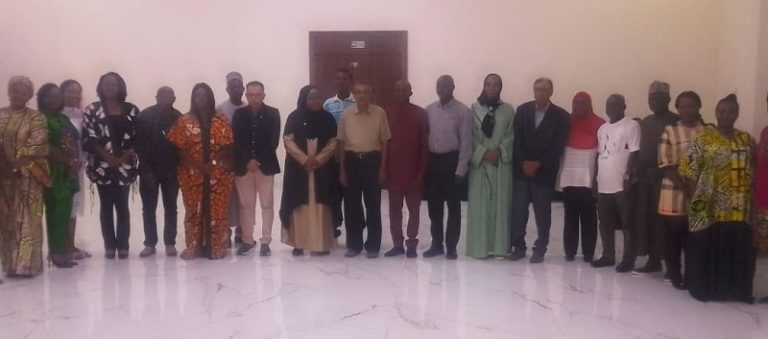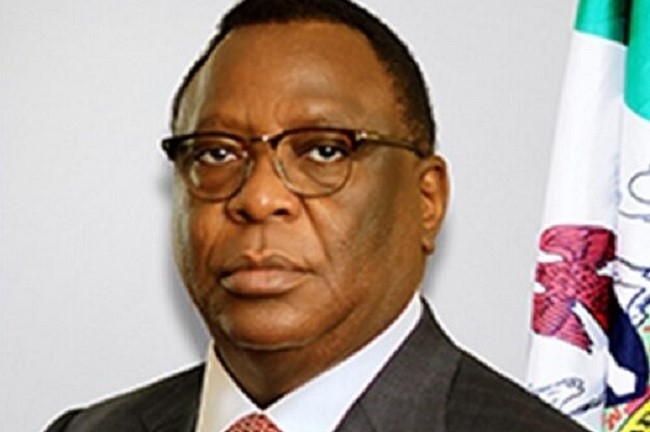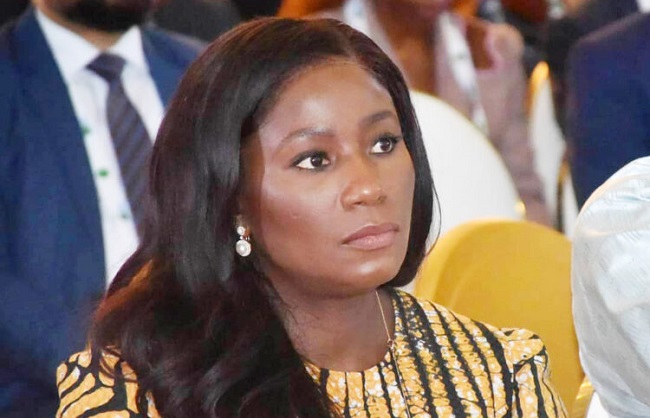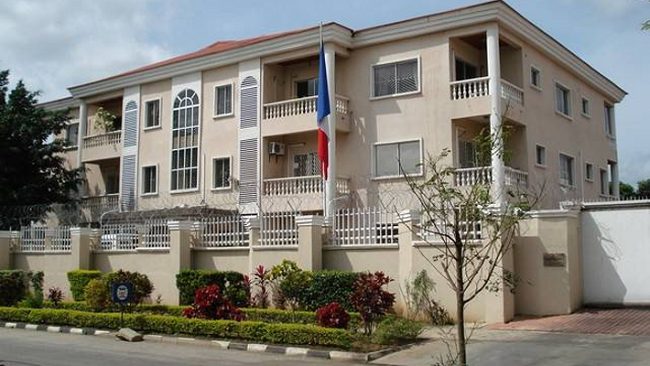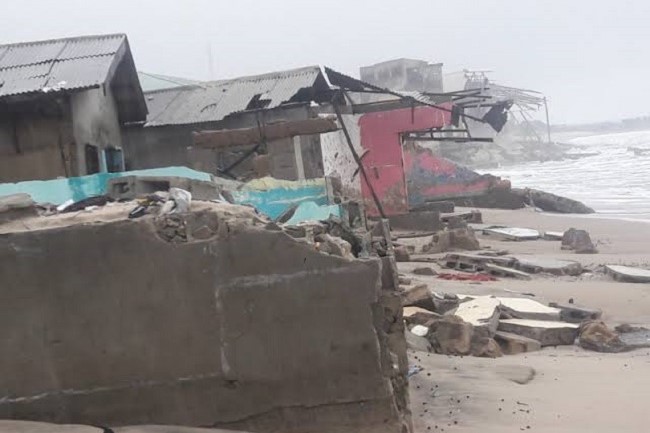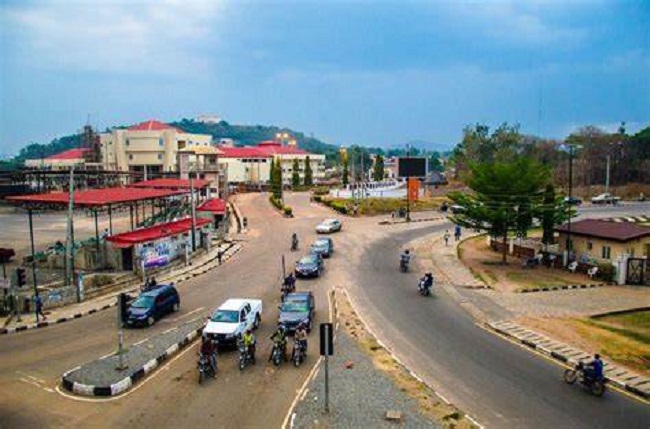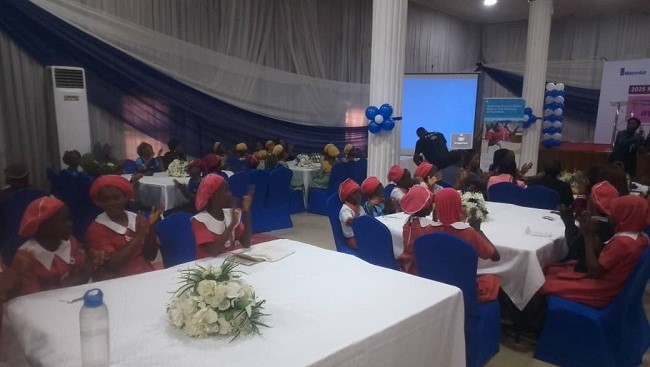Participants at the recently concluded Stakeholder Consultation, Engagement and Data Collation Workshop for the Preparation of Nigeria’s Third Nationally Determined Contribution (NDC 3.0) have been charged to set quantitative targets for themselves, look at the barriers and work towards removing them, as this will help them in the documentation of every detail needed and eventual participation in the development of the country.
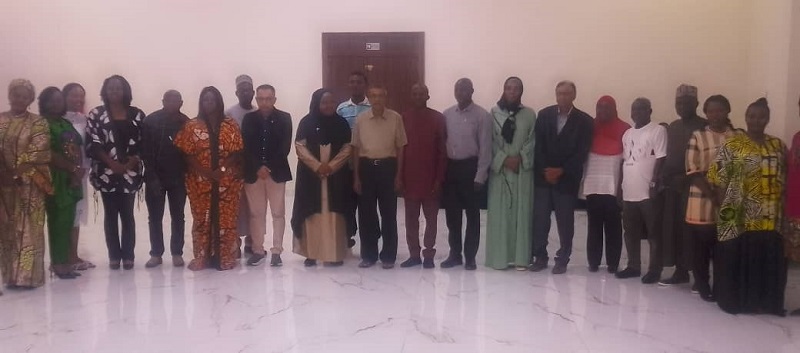
Mr. Rasack Nayamuth, consultant to National Climate Change Council Secretariat (NCCCS), gave the charge as a parting shot in his chat with journalists at the end of the five-day intensive workshop in Lagos.
Nayamuth said it is mandatory for all stakeholders across board – national, subnational, MDAs, academia and those at the private levels – to embark on collation of accurate data called measurement, reporting, and verification frameworks.
“If each institution assumes their role and responsibilities, there would be no problem for Nigeria, not only to report, but to mainly stream climate change into its sectoral plans on a regular basis and deliver for the whole population.”
While assessing the workshop as being put together by the NCCCS and sponsored by the United Nations Development Programme (UNDP), Nayamuth recalled that the essence of NDC 3.0 Workshop is mainly for data collation and updating the NDC of the country. He noted that since the NDC has got to be country-driven, “over the past two weeks we have been covering real wide groups of stakeholders not forgetting people with disabilities with the aim of ensuring everyone is adequately captured for onward submission to the UNFCCC”.
In his submission, Mr. Bhardowaz Ramlowat, a participant, admitted that there is need for more collaboration between various institutions and the National Bureau of Statistics (NBS) for accurate figure.
His words: “I would say that there are very few institutions that have good data management systems and have shared with us. Most of the institutions don’t have a proper data collection and management framework. We can’t really blame the institutions for that. It’s much more a system that has not been developed and rolled out in the country, and people trained on how to be within that framework, produce what is required as data, document them, and then share them for many uses not only for reporting, but most importantly for supporting the constant updating, revision of sectoral plans.
“Not policies but plans over the periods of five years that enables proper tracking of achievements, barriers, so that these are in a dynamic situation, corrected, and eventually get the projects to work in a better way. Now, moving, that’s a bit at the topmost level.
“If you go down to the states level, we have not interacted individually with the local government areas up till now because there is data, it’s a bit too many especially across the 774 local government areas. It’s very difficult to work individually with them. It will take some time. For the moment, we are working with their organizations that regroup them.
“So, data exists in different ministries at the states level. But again, the major challenge here is a problem of documenting the data centralising all of them in a single database so that they become useful. If this is properly handled, people will access them and use for many different purposes,” Ramlowat stressed.
He added: “NBS has its purpose, they have their objectives, regulation and mandate, now that they are being engaged on climate change and environment issues, certain specific information are required to put them in the right scheme of things, because you must also understand that for 30 years that this climate agenda has been coming, it has evolved and has not stayed the same. This evolution has made it that it’s getting more and more complicated.
“They are looking for more and more specific information, which is not necessarily being collected at this point in time. The data can be recorded because they are sitting somewhere. We just need to organize the system by getting it from where it has been recorded and archiving it in a way that it is useful. So as the system also is getting more complicated, the job at hand is getting bigger.”
Olagunju Kehinde Julius, Chief Statistician at the National Bureau of Statistics (NBS), opinioned that there is no iota of truth in the fact that there is no data available in the country.
He said: “From my own point of view, there are data but majority of those seeking failed to follow the right procedure in their quest for such information.
“National Bureau of Statistics which is the apex body as far as data collation is concerned in Nigeria, though every other organisation has their own right to conduct their survey and to collect data, but a magnitude data for the purpose of NDC such as this should pass through NBS because it’s a time-lapse job.”
The Chief Statistician however stated that lack of adequate funding has been a major challenge for the NBS.
He said: “If you are talking about climate change data, it needs to be properly and adequately funded. I’ve been in climate change space for almost a decade, and I know for sure that Ghana doesn’t play with anything climate change. If we are serious about achieving the desired result, we must know the way we push out our things to get what we need. I am certain data is scattered all over and, with the right funding, the right data will be collated for the good use of Nigeria.”
In her submission, Halimah Bawa-Bwari, Director at NCCCS, stated that an NDC is only as good as the information that’s been fed into it. She said what is required from all stakeholders is to avail the organisers of the workshop all necessary information at their disposal so that Nigeria can have a robust NDC 3.0 that has covered the relevant stakeholders in the situation of the review.
The Stakeholder Consultation, Engagement and Data Collation Workshop for the Preparation of the NDC 3.0 of Nigeria was conducted with participants from the south geo-political zones, members of NCCCS, UNDP, representatives of MDAs, Academia and some private sector players.
By Ajibola Adedoye

